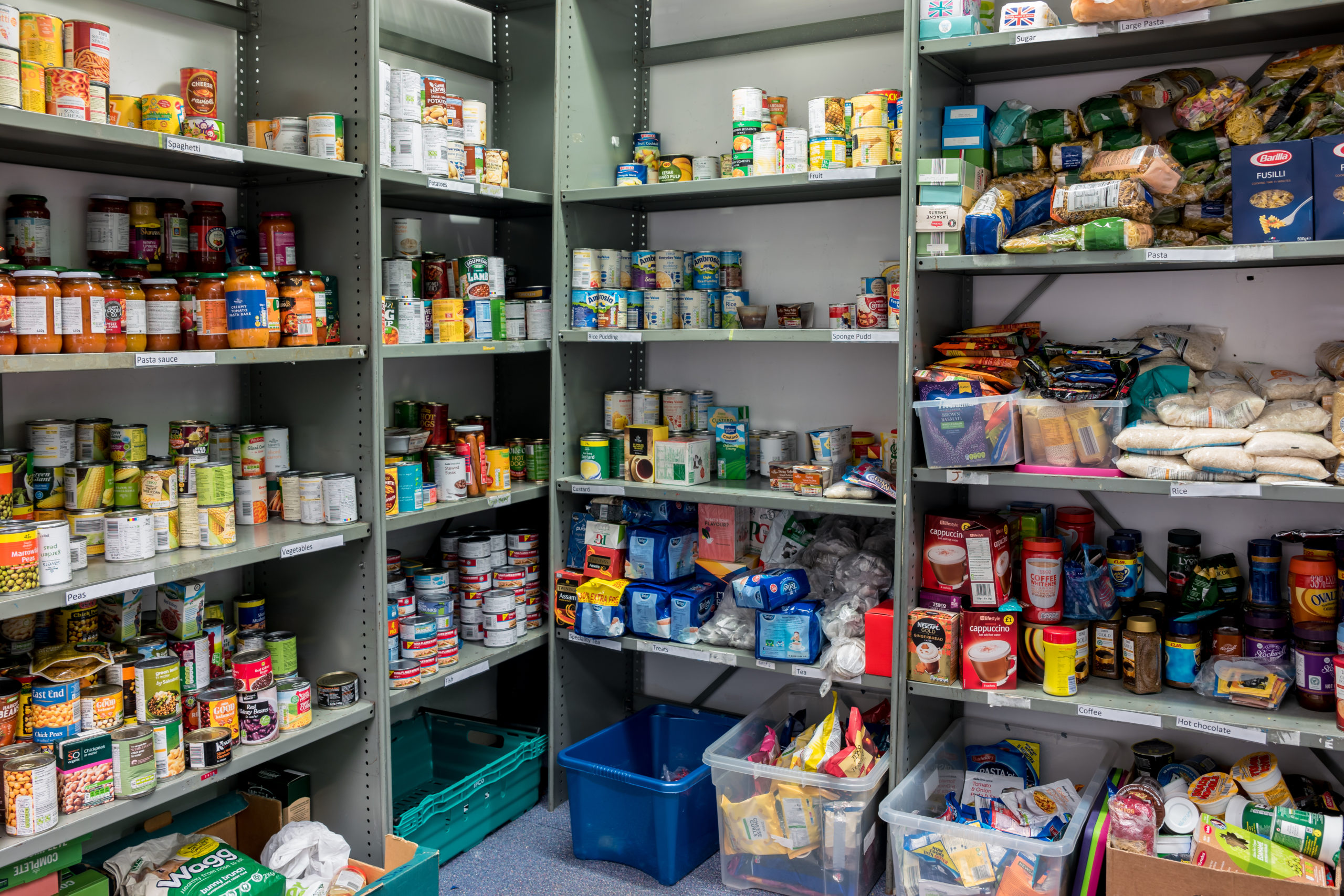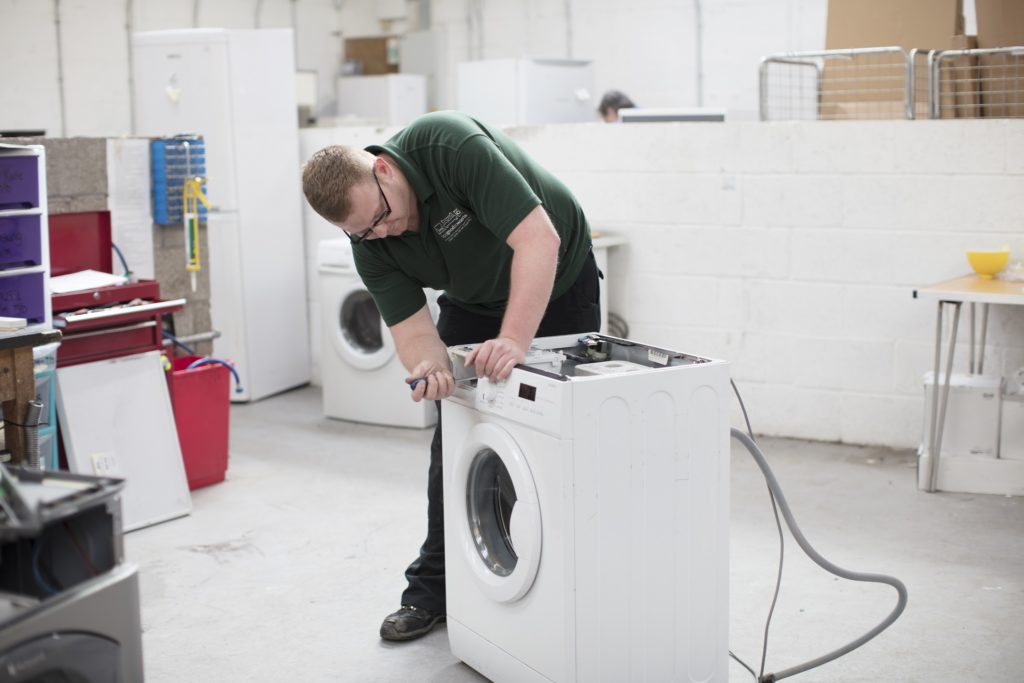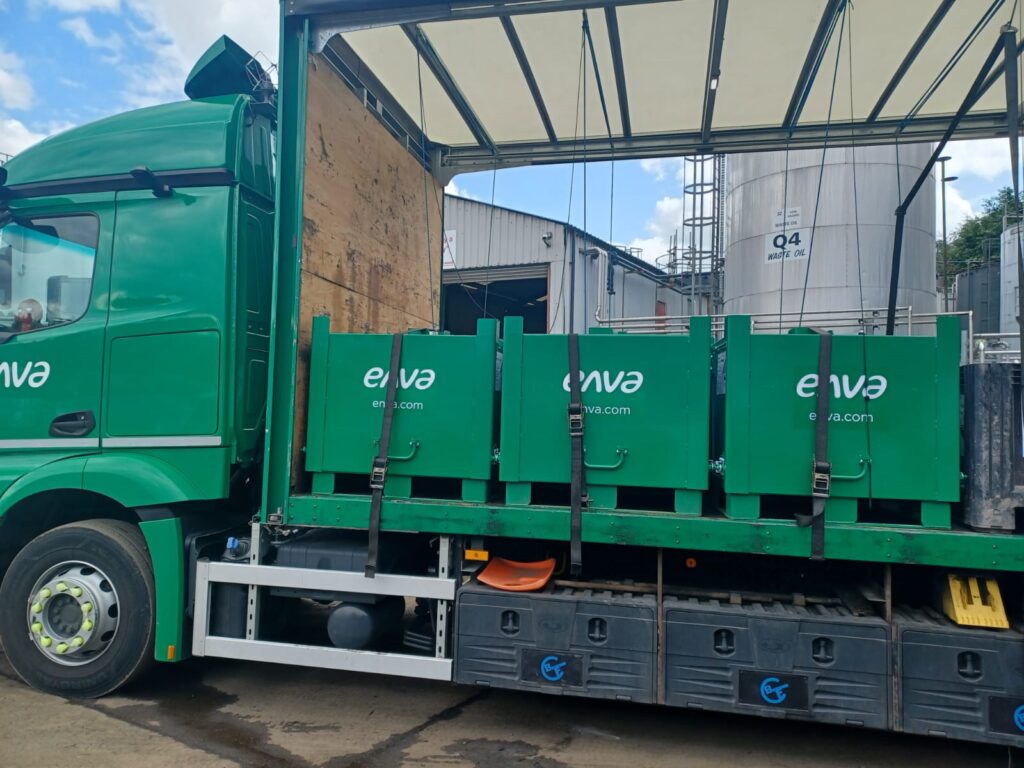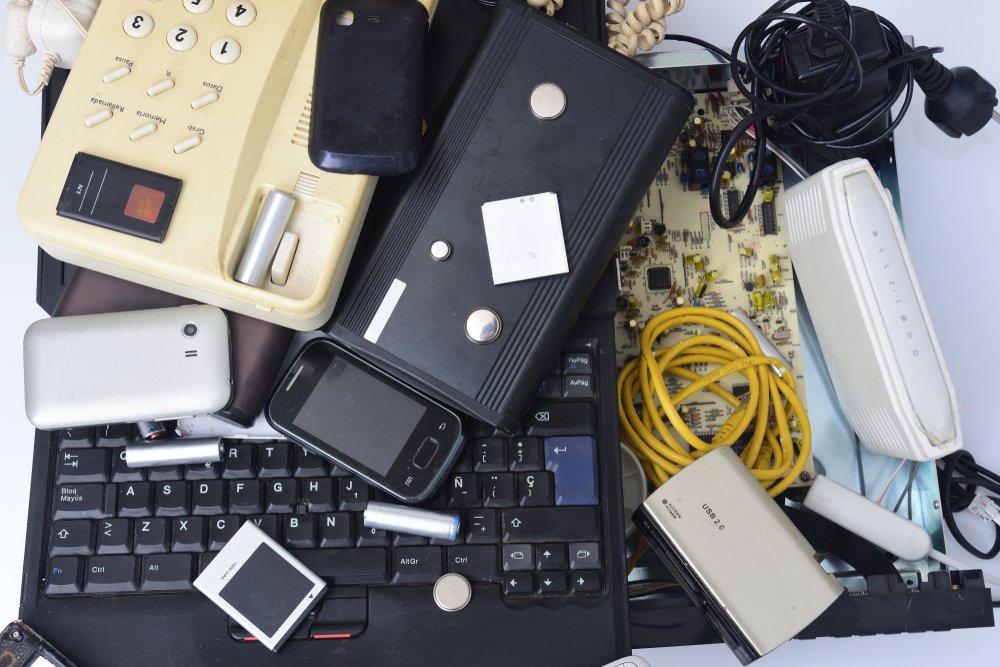According to the membership body’s social impact report for 2021, released today (28 January), the government-imposed lockdowns resulted in many reuse charities and social enterprises having to close doors and furlough staff.
Just 1.5 million items of furniture and electricals were reused between April 2020 and March 2021, the report says, down from 3.4 million items the year before.
The report suggests that this in turn had an impact on the number of households “helped” thanks to reused items, which fell from 1.5 million in 2019/20 to 652,098 in 2020/21.
Overall, the sector prevented 50,574 tonnes of products from going to landfill, the report says, down from 111,664 tonnes in 2019/20.
As a result, the report suggests the sector helped to save 54,355 tonnes of CO2 emissions, down from 123,236 tonnes in 2019/20.
Adaptation
Despite the challenges posed by Covid-19, the Reuse Network says the sector “adapted to support the needs of those in local communities facing hardship”, including by offering new services such as food banks, ‘befriending’ services, and the supply of PPE.

Craig Anderson, CEO of the Reuse Network, said: “The reuse sector demonstrated such resilience, and when faced with a complex and developing crisis, managed to not only sustain its services, but diversify to provide a growing array of services to support those in need.”
The sector also continued to supply household furniture, electrical goods, and other essential items to “people in crisis” throughout the pandemic, the Reuse Network says.
The report highlights the story of a family of three who managed to secure temporary accommodation in South Wales during the pandemic.
Newport-based reuse company Wastesavers supplied the mother and her two children with a sofa, a television, a table and chairs, a single bed, some storage, a microwave, a kettle, crockery, and kitchen utensils.
Before Wastesavers became involved, the family had just two pieces of furniture: a bed the children shared and another used by the mother.
“We left the house feeling more like a home,” Nicola Rossiter, Wastesavers’ reuse operations manager, said.
Strategy
The Reuse Network also launched a new five-year strategy for the organisation today, which it says it hopes will address the “changing needs” of the reuse sector.
The reuse sector is ready for the spotlight to be shone on us and to step into the limelight
- Craig Anderson, CEO of the Reuse Network
The Reuse Network says it will respond to the “growing urgency” to address social exclusion and poverty, skills and jobs, climate change, and the emerging circular economy.
Mr Anderson said: “Our strategy therefore focuses centrally on our newly adopted vision and mission; for a society where everyone can create a sustainable home, by supporting the reuse of products by UK charities and social enterprises who are established to alleviate social exclusion, and address climate change.
“As we move forward into the new year, the reuse sector is ready for the spotlight to be shone on us and to step into the limelight as reuse grows in importance, no longer only considered ‘a good thing to do’ but a necessity in creating a fairer and more sustainable world.”
Related link
Social Impact Report 2021









Subscribe for free